The most important frontier we have left
MBARI is advancing marine science and engineering to understand our changing ocean.
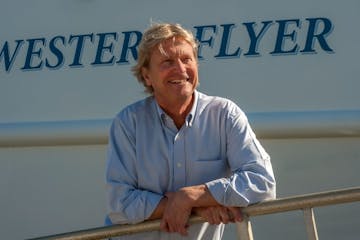
President and Chief Executive Officer Chris Scholin reflects on how MBARI's advances in science and engineering will impact Earth's final frontier.
Learn moreOn the Horizon
Highlights from our portfolio of projects in the upcoming year include new methods of observation at local creeks, the deep waters of the Monterey Bay, a deep subduction zone in the Pacific Northwest, and the Gulf of California.
What lies beneath
A fleet of vehicles and instruments will be used to study the warmer waters and ocean life in the Gulf of California.
What lies beneath
One fish, two fish, coho salmon
A robotic instrument is gathering data that may revolutionize the way fish counts are conducted.
One fish, two fish, coho salmon
Smart computers
Machine learning is a rapidly growing field in which computer algorithms are applied to perform a specific task without relying on explicit instructions.
Smart computers
Cracking the code
A suite of robotic seafloor surveying and sampling tools made it possible to document the passage of high-energy, avalanche-like, submarine sediment flows.
Cracking the code
Weird and Wonderful
The discoveries of the interesting, the weird, and the wonderful in the deep sea seem to be endless. This year we feature a baby volcano, aggregations of brooding octopus, giant sea spiders, and dancing sea cucumbers.
Life on the seafloor
It can be hard for many slow-moving animals that live on the seafloor to travel from place to place.
Life on the seafloor
Not your ordinary spider
Deep-sea pycnogonids can have long legs that grow to over 50 centimeters (20 inches) across.
Not your ordinary spider
Brooding females
Aggregations of hundreds of octopuses—most of them brooding females—at the base of Davidson Seamount, just outside of Monterey Bay.
Brooding females
In the distant future
One hundred thousand years from now, Hawaii’s youngest volcanic island will puncture the surface of the North Pacific Ocean.
In the distant future
2019 Award Recipients
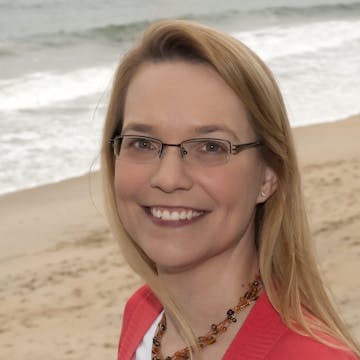
Kelly Benoit-Bird
Norma Slepecky Memorial Lecturer, Syracuse University; Blinks Memorial Lecturer, Stanford University
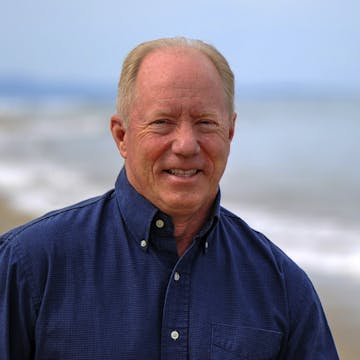
Knute Brekke
Distinguished Alumnus Award, University of Wisconsin-Eau Claire, Barron County
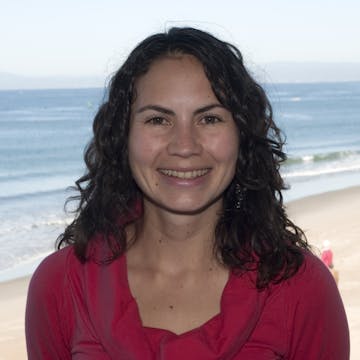
Rachel Harbeitner Clark
Doctoral degree, University of California, Santa Cruz
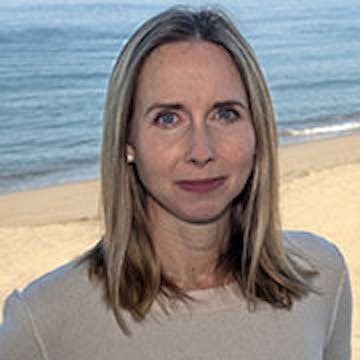
Heidi Cullen
Friend of the Planet Award, National Center for Science Education
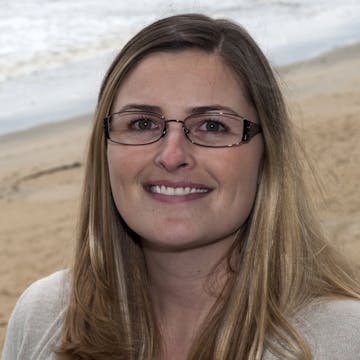
Andrea Fassbender
Early Career Scientist Leadership Award, US Climate Variability and Predictability Program
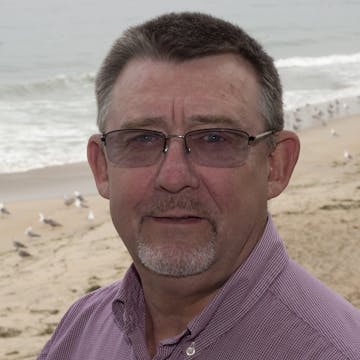
William Kirkwood
Distinguished Technical Achievement Award, IEEE Oceanic Engineering Society
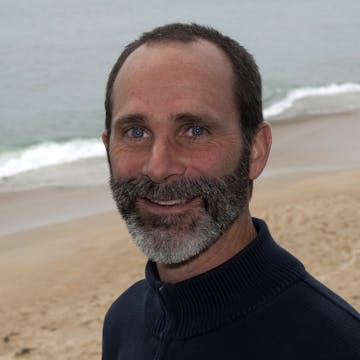
John Ryan
Sea Star Research Award, Monterey Bay National Marine Sanctuary Foundation

MBARI’s Information and Technology Dissemination Division
2020 Marine Education Award for outstanding work and leadership by an organization
In Memoriam
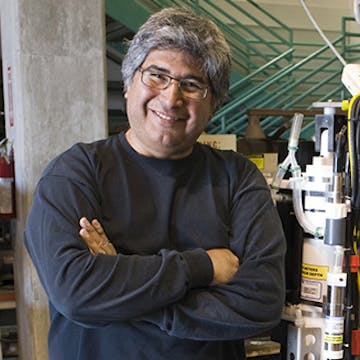
Roman Marin III
Roman Marin III, a 23-year employee of MBARI, helped to develop the first Environmental Sample Processors—robotic biochemistry laboratories that have provided unprecedented views of life in the ocean and in freshwater. He was essential in getting these extremely complicated devices to work reliably in a wide variety of environments—from the deep seafloor to remote streams in Yellowstone National Park and the mountains of Montana.

Walter Munk
Walter Munk served on the MBARI Board of Directors from the institute’s inception in 1987 until 2003. He was a world-renowned leader in the study of the oceans during his 80-year career as a professor and researcher at Scripps Institution of Oceanography. Munk was one of MBARI Founder David Packard’s most trusted advisers when Packard was considering the establishment of an oceanographic research institute.
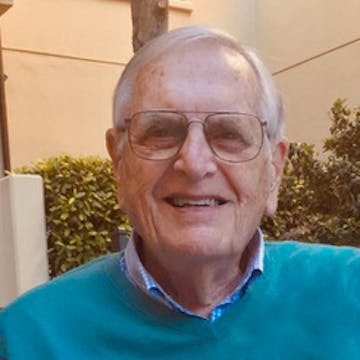
Frank Roberts
Frank Roberts was a director emeritus on the MBARI Board of Directors. A prominent lawyer in the San Francisco Bay Area, he was MBARI Founder David Packard’s personal attorney and close friend. Roberts was a founding member of the MBARI board; his legal expertise was highly valued in board meetings, and he was a beloved and admired colleague.